READY TO GET STARTED?
REQUEST A FREE ESTIMATE
Fill out the form below or call (888) 466-7849 for a free, no-obligation estimate.
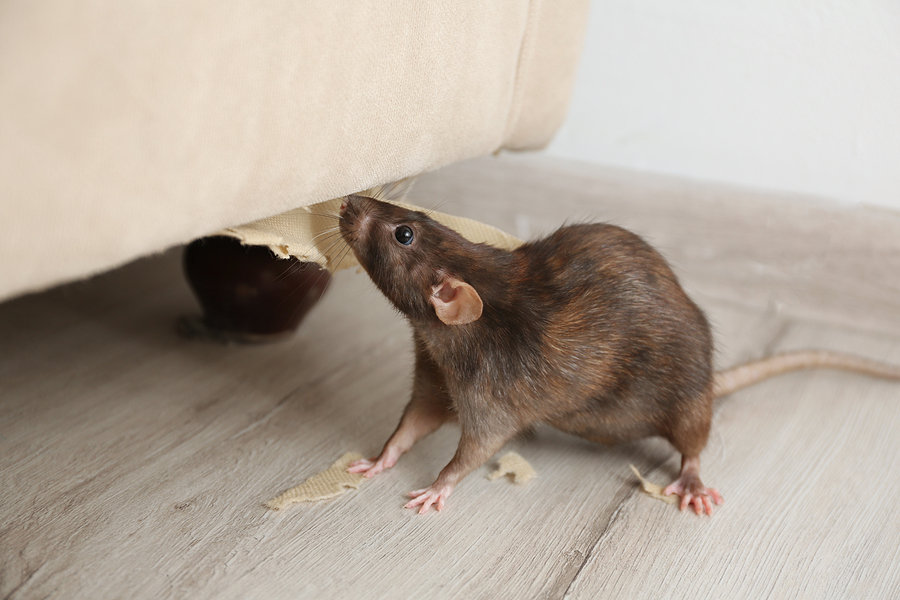
The last thing any homeowner wants to deal with is pests. A household pest is any insect or animal that is commonly found in a household structure that can cause destruction to the property or to your health. While the occasional critter can make its way inside, routine occurrences indicates the likelihood of an infestation. Fortunately there are some DIY pest control tips you can use at home to help prevent these pests from taking over. Here are a few of the most common household pests and how to prevent them.
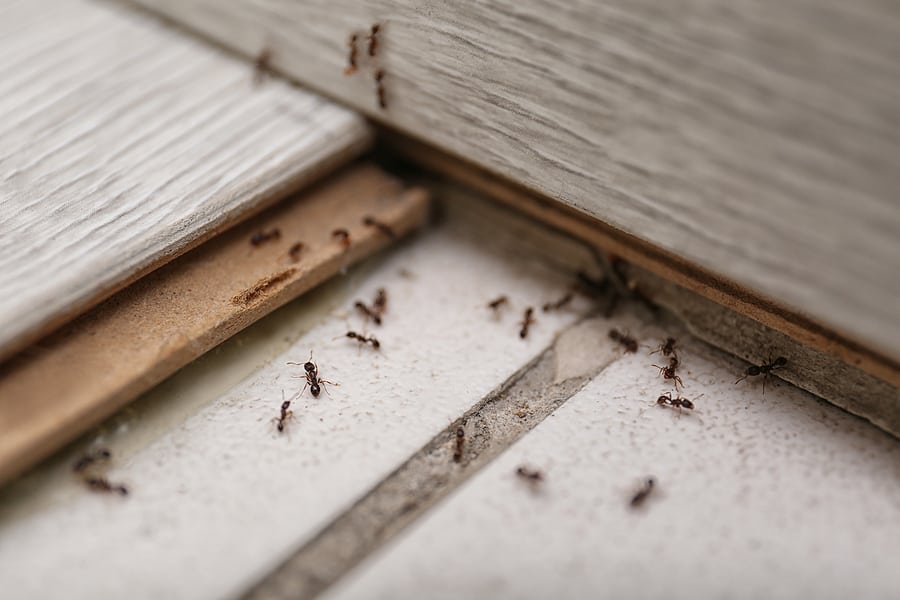
Most ants don’t cause any structural damage to your home (with the exception of carpenter ants). They are, however, the #1 nuisance pest in the United States. Ants are difficult to control because their colonies are so large. These pests typically come indoors in search of food and water and can usually be found near these sources in your home – especially in kitchens and bathrooms. Prevent ants by:

Birds are not usually considered nuisance pests but their nests can obstruct common areas of your home and their droppings can contaminate or damage other areas. Birds usually enter your home in search of food and shelter. Prevent birds by:

Cockroaches are dangerous to humans as they are known to carry serious diseases and trigger both allergies and asthma. These pests multiply quickly, making them very difficult to control. Roaches will come into homes in search of food, water, and shelter, with them often found in kitchens, bathrooms, and laundry rooms. Prevent roaches by:
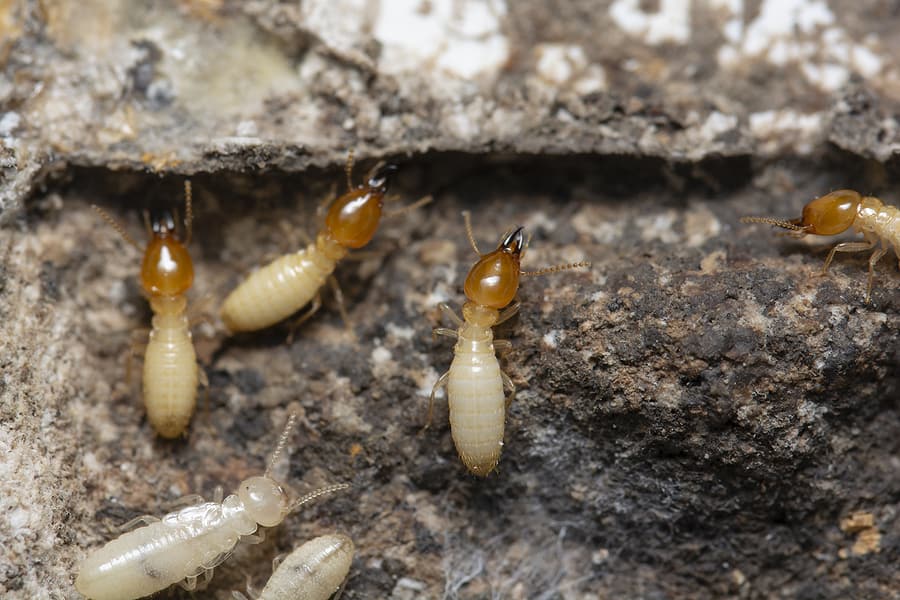
Termites are known as silent destroyers, eating wood from the inside out and going undetected for long periods of time. Common signs of termites include swarms; mud tubes; discarded wings; discolored drywall; peeling paint; wood with a hollow sound when tapped; squeaky floorboards; doors and windows that stick; damaged wood; loose tiles; and buckling floors. Prevent termites by:
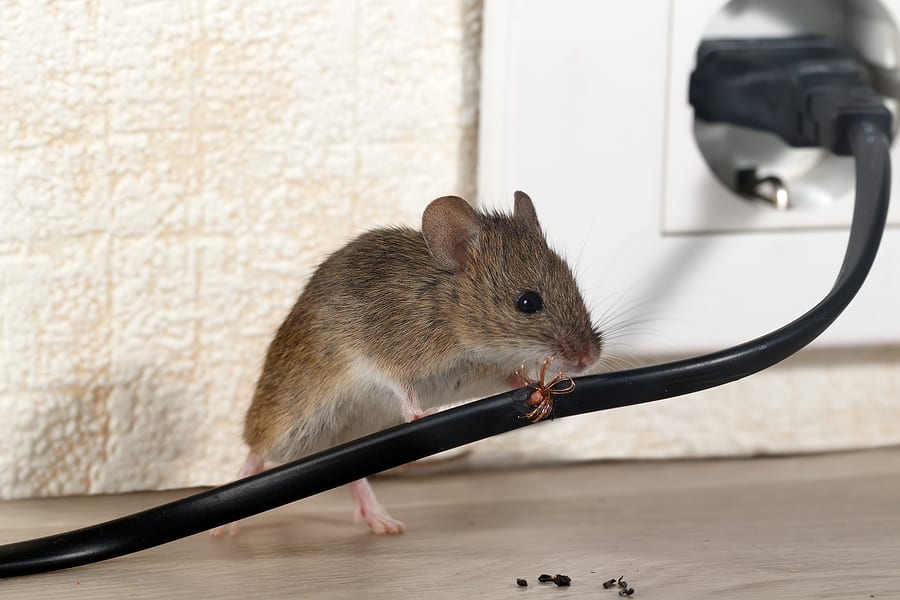
Rodents are common household pests and include rats, mice, squirrels, and raccoons. Rodents can cause significant damage to your property by chewing through electrical wires and insulation. They can also contaminate food and spread disease. Prevent rodents by:
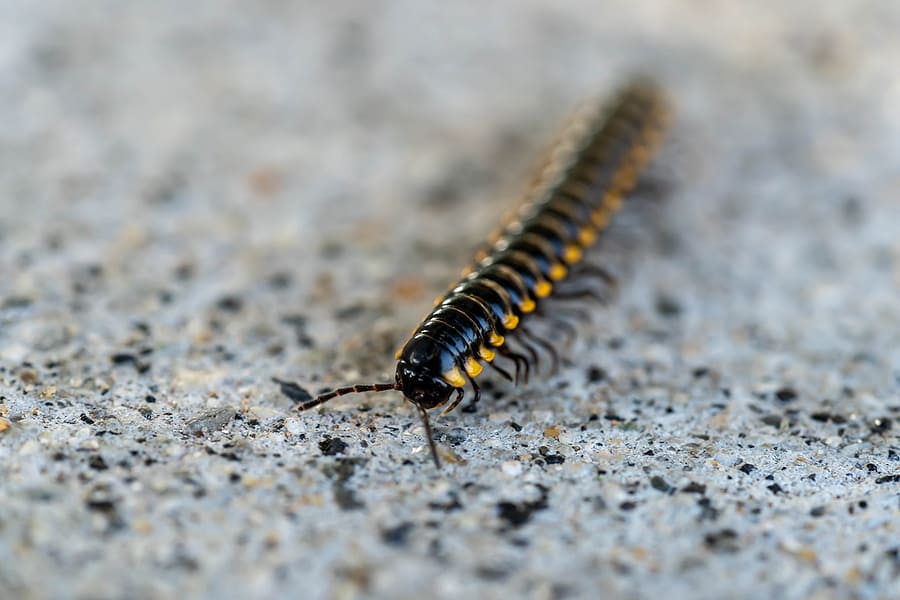
Centipedes are arthropods with 14 or more body segments and one pair of legs per segment. Millipedes are also arthropods but they have 2 pairs of legs on their body segments. Neither of these pests are considered dangerous and don’t cause damage or spread disease. They can, however, be annoying if they infest in large numbers. Both of these pests thrive in moisture-rich environments. Prevent centipedes and millipedes by:
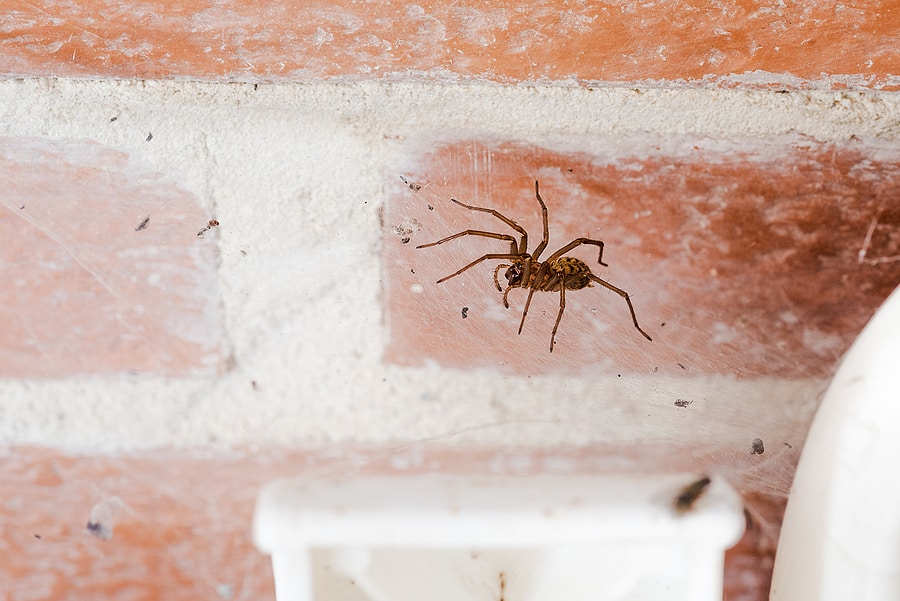
Although there are a few venomous spider species in our area, most spiders that make their way into your home are harmless (and even beneficial by eating other pests)! Prevent spiders by:
The key to household pest control is prevention. By taking these steps early, you can head off an infestation before it starts. If you have a problem with any household pests, contact your local pest control company for a free evaluation and comprehensive treatment plan.
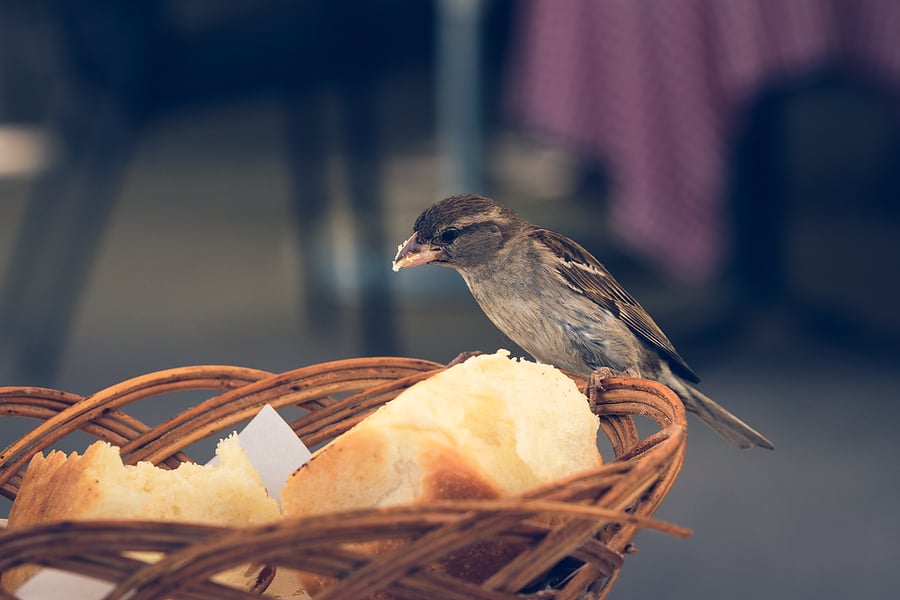
Wildlife creatures can bring a host of issues to your business. Some of these can disrupt your business, create unsanitary conditions, and drive customers away. The first step in dealing with these nuisance pests is knowing the type of animal you are dealing with and how to prevent them. We break down which ones to watch out for around your business and give some easy wildlife prevention tips.
Birds
Birds can pose a major health threat to your business as they can spread diseases and contaminate your business space. Their droppings can cause quite a mess and harbor diseases and parasites. These acidic droppings can corrode and ruin your business roof, walkways, windows, ledges, signage, and even your customers’ vehicles. These pests can also easily access and damage the roofline and chimney, which can lead to problems with your electrical wiring.
Rats & Mice
Rats and mice are looking for a place to eat and sleep. They can easily invade your business by entering through the smallest crack or hole that is unsealed. Just like birds, rodents can spread disease throughout your business, making it unsafe for both your customers and team members. These creatures are also known to gnaw on merchandise, packaging, equipment, and electrical wiring.
Squirrels
Squirrels can look cute and cuddly, but they are also known to create structural damage and disturbances at businesses. These creatures are in search of a food source, and you can tell if they have been searching around in your property by seeing uprooted plants and flowers, dug up holes, and eaten nuts or fruits. Squirrels are also known to create holes in roofs, chew on wires, damage vents, and create a musty smell from their urine if they’ve infested inside the building.
Utilizing preventative measures is the key to ensuring wildlife don’t infest your business and disturb your customers!
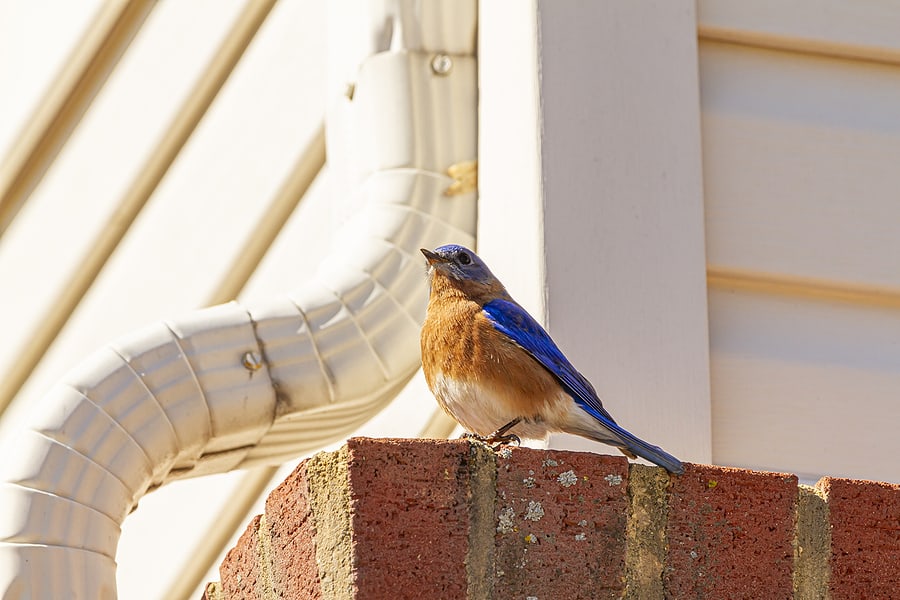
As the weather starts to warm up, you may see an increase in bird activity around your home. Birds will often leave a mess on your patio or deck and can even be found taking a dip in your swimming pool. Nuisance birds will build nests in the most inconvenient places putting you and your family in harm’s way. Here are a few tips on how to prevent birds from taking over your outdoor fun this summer.
There are several things you can try to keep birds away from your pool and deck. One of the easiest is to install a decoy bird near your pool. Owl statues are the most common but hawks and falcons will also work well. These statues make other nuisance birds think a predator has already claimed that territory and they will take up residence somewhere else. Remember to move the statue occasionally, especially if birds get used to it or start ignoring it.
You can also use automatic pool vacuums in your swimming pool to help deter birds. Automatic vacuums are constantly moving which discourage birds from landing in the water. Leaving brightly colored toys and floats in the pool can also help keep these pesky birds away. Keep your pool covered if possible. You can even use a simple solar cover instead of a traditional cover to help protect your pool from droppings and feathers.
Birds will often nest in your grill or in the eaves around your patio. To protect your grill in between uses, invest in a high quality cover and use it any time the grill is not in use. If that’s not an option, cover your grill with bird netting when it’s not in use. Clean the grill after use and make sure there is no food residue left over. Birds will keep coming back if they continue to find food in the area.
If you’re finding birds flocking to your deck or patio area, try installing bird spikes on fences or in gutters. It is difficult for birds to land on them, making it undesirable for birds to nest. You can also try wind chimes or ultrasonic noise machines which are also helpful and driving nuisance birds away. The noise machines give off a high-pitched sound that is undetectable to humans but will annoy any lingering birds.
Taking preventative measures against birds will help in your bird control efforts. Discourage people from feeding birds in and around your home. Clean up any spilled grain or birdseed from feeders daily. Block any openings in your home (lofts, vents, eaves, window sills, etc.). Change your ledge angles to 45 degrees or more to prevent birds from roosting on them. Screen the underside of rafters with netting or wire mesh screening.
While birds aren’t usually a dangerous problem, they can become quite a nuisance, especially when you are trying to enjoy time outdoors. If you have a problem with birds or any other pests, contact your local pest control company who can provide you with a thorough evaluation and treatment plan.
Does Hot Weather Bring Out Cockroaches?
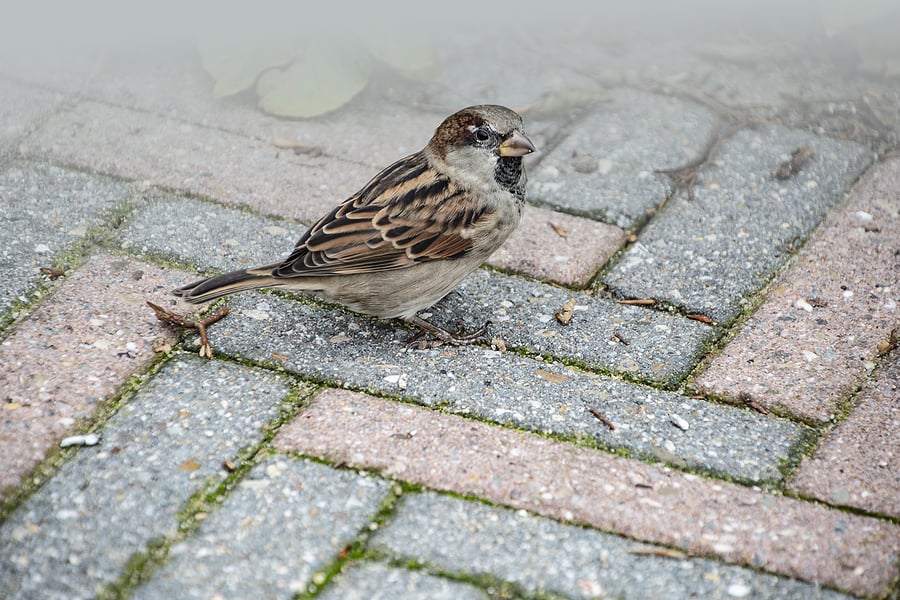
Most of the time birds are fun to watch, singing their cheerful songs as they fly around our yards. Birds can also be productive by producing down feathers, helping control pests and weeds, and giving us plenty of opportunity for birdwatching. Some birds, however, are referred to as nuisance birds and can actually be detrimental to both our health and our homes by damaging buildings and monuments, contaminating our food sources, and transmitting serious diseases to humans.
Three of the most common nuisance birds are starlings, sparrows, and pigeons.
Starlings are found in both urban and rural areas. They travel in flocks that can have thousands of birds in them. They can often be found nesting in trees, vents, ledges, lampposts, and even signs. Starlings will eat seeds, fruit, food scraps, fruit, vegetables, and insects, making your home and yard a very abundant source of food for them. When starlings aggregate in large numbers, they can cause problems to homeowners due to the sheer volume of feces they generate and the cacophony of noise they produce. Their feces can deface and deteriorate buildings and structures and cause surfaces to become slippery. It can also contaminate livestock and kill trees. Their nests often clog machinery and drainage systems, leading to moisture buildup and the risk of fire. They are also known to transmit diseases like histoplasmosis.
Sparrows can be found in urban and rural areas, as well. They are known to build extremely messy nests using any materials they can find, including string, twigs, paper, and grass. They usually nest in areas that are covered and elevated, such as warehouses, stadiums, and airport hangers. They usually eat grain but will also eat fruit, seeds, food scraps, and even insects when necessary. Sparrows are able to reproduce extremely fast, making them difficult to control. They are an aggressive species and will often drive off other species of birds. Sparrow nests can cause fires and electrical shortages. They can also cause contamination and are associated with over 25 different diseases and parasites.
Pigeons are arguably the most common of the nuisance birds and are also responsible for some of the worst public health issues caused by birds. They usually nest in small, flat, elevated spaces like air conditioners, window sills and ledges, and pipes. They eat anything from grain to food scraps and even manure. Pigeon feces can deface buildings and other structures and cause slipping hazards on surfaces like sidewalks, stairs, and fire escapes. Their feces can also clog gutters and downspouts. Pigeons are also known to carry diseases like histoplasmosis. Pigeons are easily adaptable to their environments, making them difficult to control.
Any nuisance bird population can be difficult to control once they have established themselves in your area. Prevention is key to helping control these populations. Check out these bird prevention tips you can use to help deter these problem pests from your home and yard.
If you have a problem with nuisance birds, contact your local pest control company who specializes in bird control for a comprehensive evaluation and elimination plan.
How You Could Be Attracting Termites
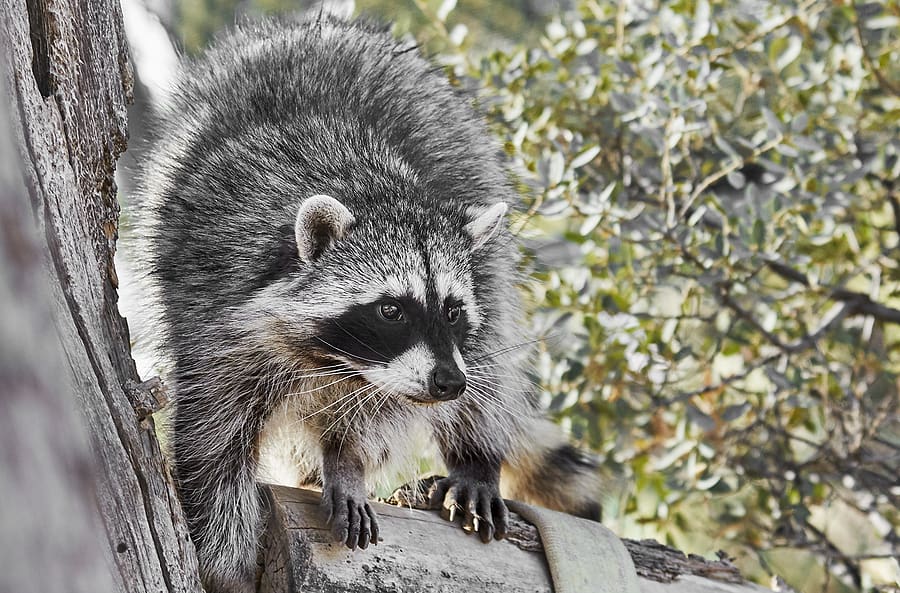
Warmer weather triggers the emergence of animals from hibernation. What many homeowners don’t realize is that wildlife will sometimes take refuge inside your home during the cold winter months. Once the weather starts warming up, these overwintering pests will start waking up and come out in droves looking for food and water. While some wildlife may be harmless, others can cause significant damage to both your home and your health. Some pests leave feces behind that can contaminate your food, kitchen surfaces, and even the air inside your home. Other pests can chew through wood and wires in your attic and walls, putting you at risk for fires.
Some common spring wildlife that can cause issues for homeowners include birds like swallows and sparrows; rodents like rats and mice; bats; squirrels; and raccoons. Birds use eaves, vents, and holes in the roof to make nests. Bird nest removal and bird control is regulated and usually best left to professionals. Rodents are some of the most common nuisance pests, getting inside through tiny spaces and reproducing quickly. Chewing and contamination are huge problems with rodents. While not as common as some of the other wildlife mentioned previously, bats can cause problems for you in the springtime. Bats will usually roost in gable vents and soffits but can also get into your home through the chimney or holes that they can use to access the attic. Larger mammals like squirrels and raccoons can get into attics and chimneys and even crawlspaces and basements. They are some of the most destructive spring wildlife, chewing through materials in your home and leaving behind huge messes.
So what can you do to keep these animals from seeing your home as a safe haven? Check out these tips to help control wildlife this spring.
What to Know About Fleas & Ticks
Commercial Mosquito Control: A No Spray Way for Your Business